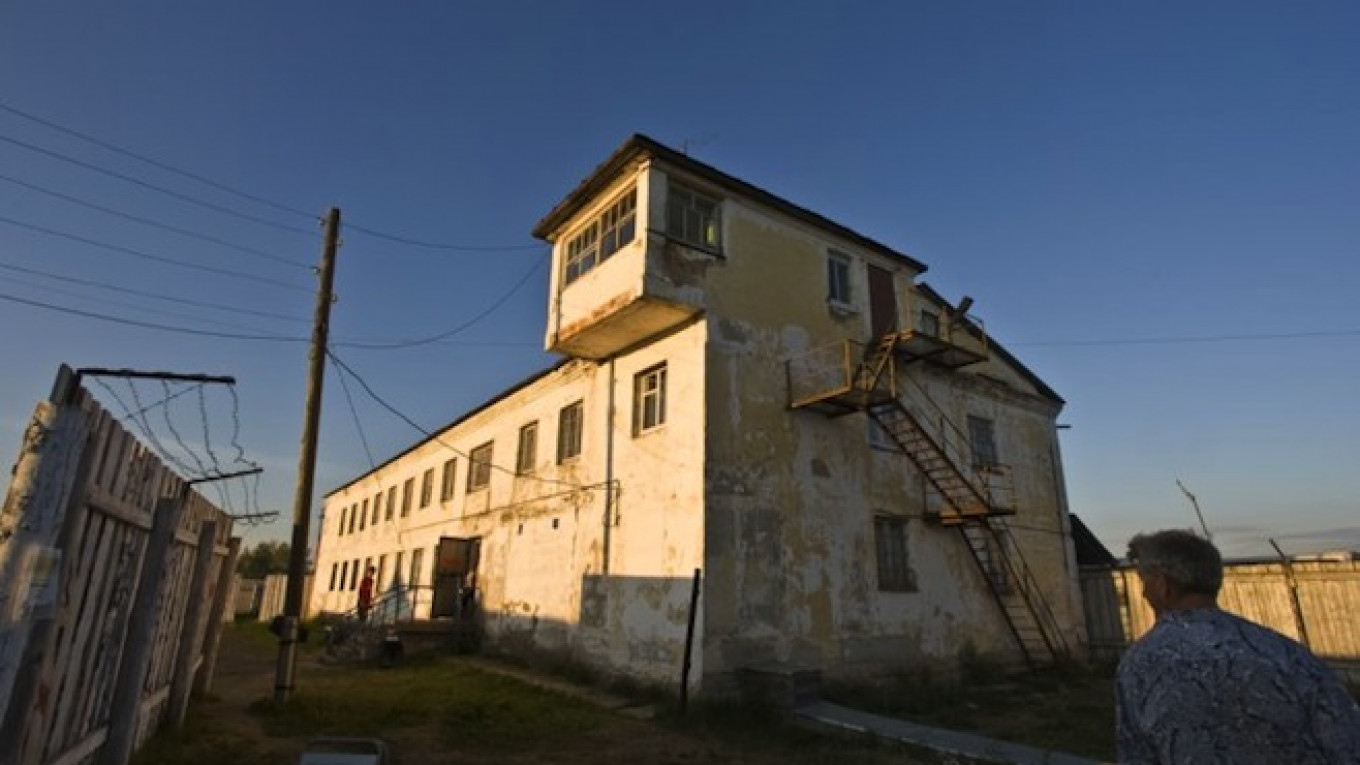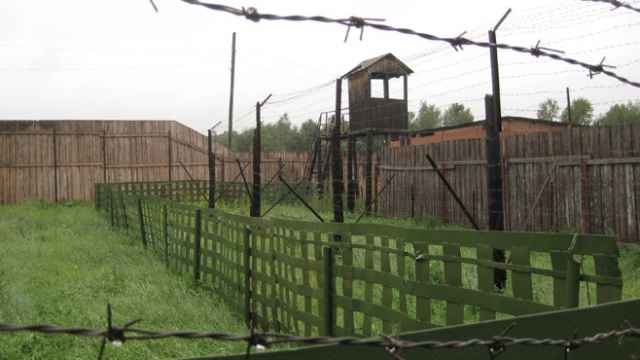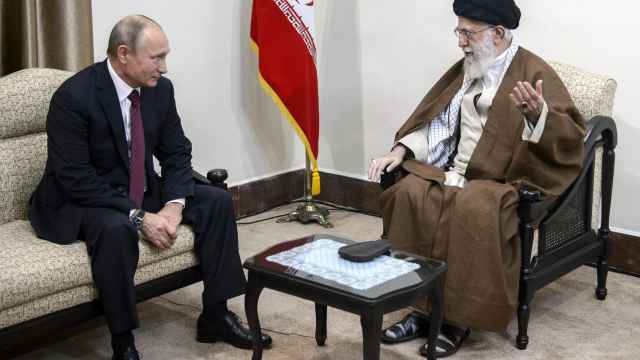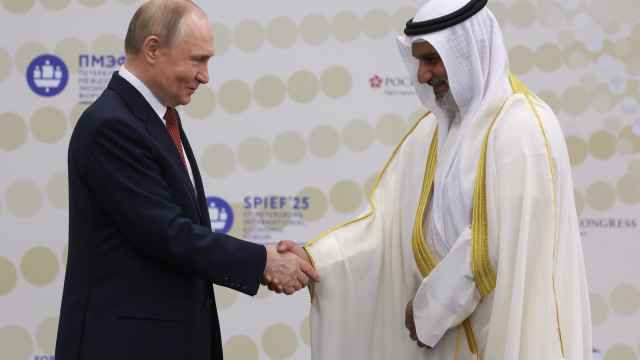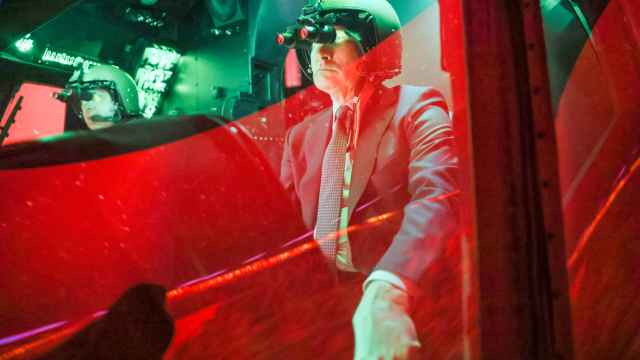A prison museum dedicated to victims of Soviet-era political repression may reopen as a memorial to the gulag system, but all references to crimes committed by dictator Josef Stalin will be removed, rights activists have said.
Perm-36 museum director Viktor Shmyrov said the "memorial won't disappear, but the museum has been taken over by other people appointed by the new authorities, who have totally changed the content," BBC Russian Service reported Wednesday.
"Now it's a museum about the camp system, but not about political prisoners. They don't talk about the repressions or about Stalin," he was quoted as saying.
Arseny Roginsky, president of Russia's leading human rights group Memorial — which founded the museum two decades ago — said the new management included former prison camp guards, AFP reported.
"The museum's format is being completely changed," Roginsky was quoted as saying. "It's tragic that a museum to Soviet terror will be transformed into a museum to the penal system."
The takeover of Perm-36, which is located in the Perm region, comes as an increasing number of Russians express favorable views of Stalin and amid the government's glorification of its Soviet past.
Perm-36 — the only museum in Russia created on the site of a former gulag camp — said Monday that after months of disputes with the authorities, attempts to preserve the museum have been "exhausted," and the memorial was "beginning the process of self-liquidation."
The museum had enjoyed government support for the first two decades after the Soviet collapse. But this changed "drastically" about three years ago, when the government cut its funding for the museum and disconnected water and electricity supplies, citing unpaid bills, the museum said in a statement.
A Message from The Moscow Times:
Dear readers,
We are facing unprecedented challenges. Russia's Prosecutor General's Office has designated The Moscow Times as an "undesirable" organization, criminalizing our work and putting our staff at risk of prosecution. This follows our earlier unjust labeling as a "foreign agent."
These actions are direct attempts to silence independent journalism in Russia. The authorities claim our work "discredits the decisions of the Russian leadership." We see things differently: we strive to provide accurate, unbiased reporting on Russia.
We, the journalists of The Moscow Times, refuse to be silenced. But to continue our work, we need your help.
Your support, no matter how small, makes a world of difference. If you can, please support us monthly starting from just $2. It's quick to set up, and every contribution makes a significant impact.
By supporting The Moscow Times, you're defending open, independent journalism in the face of repression. Thank you for standing with us.
Remind me later.


